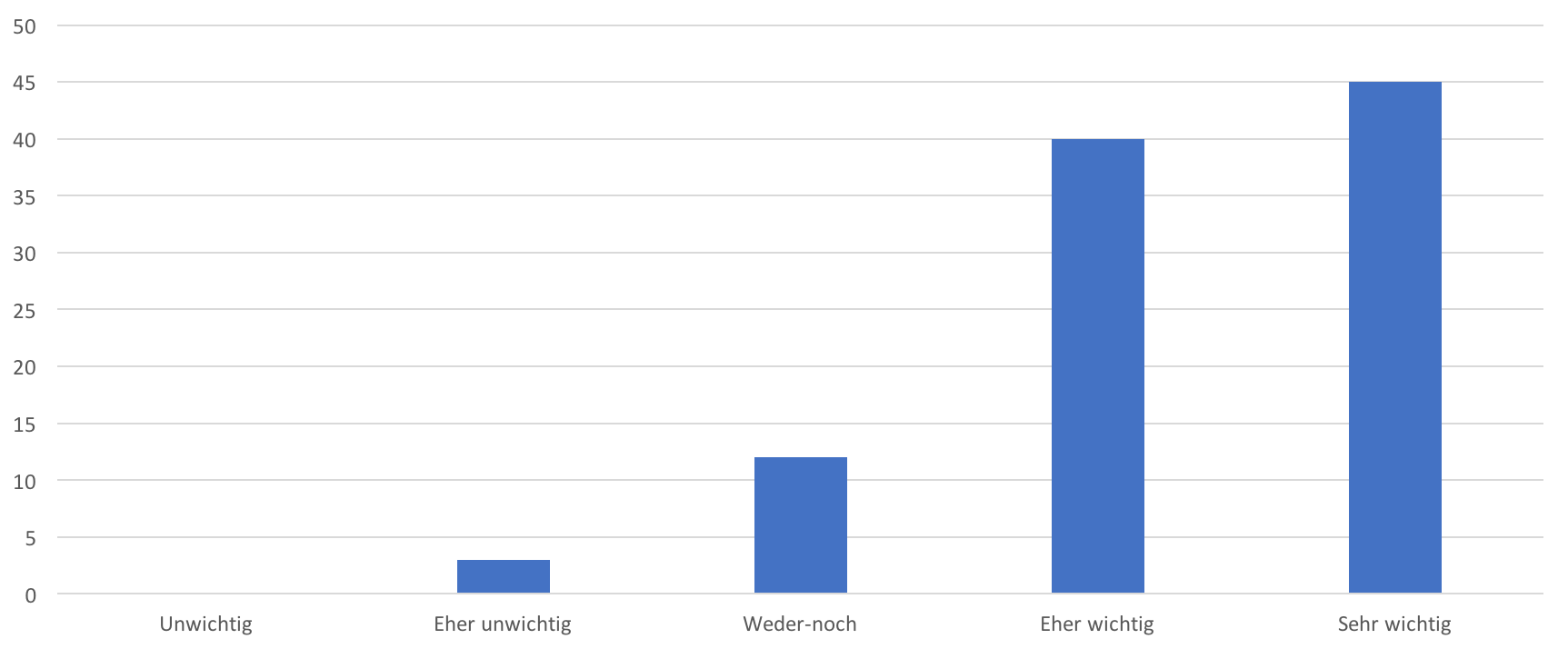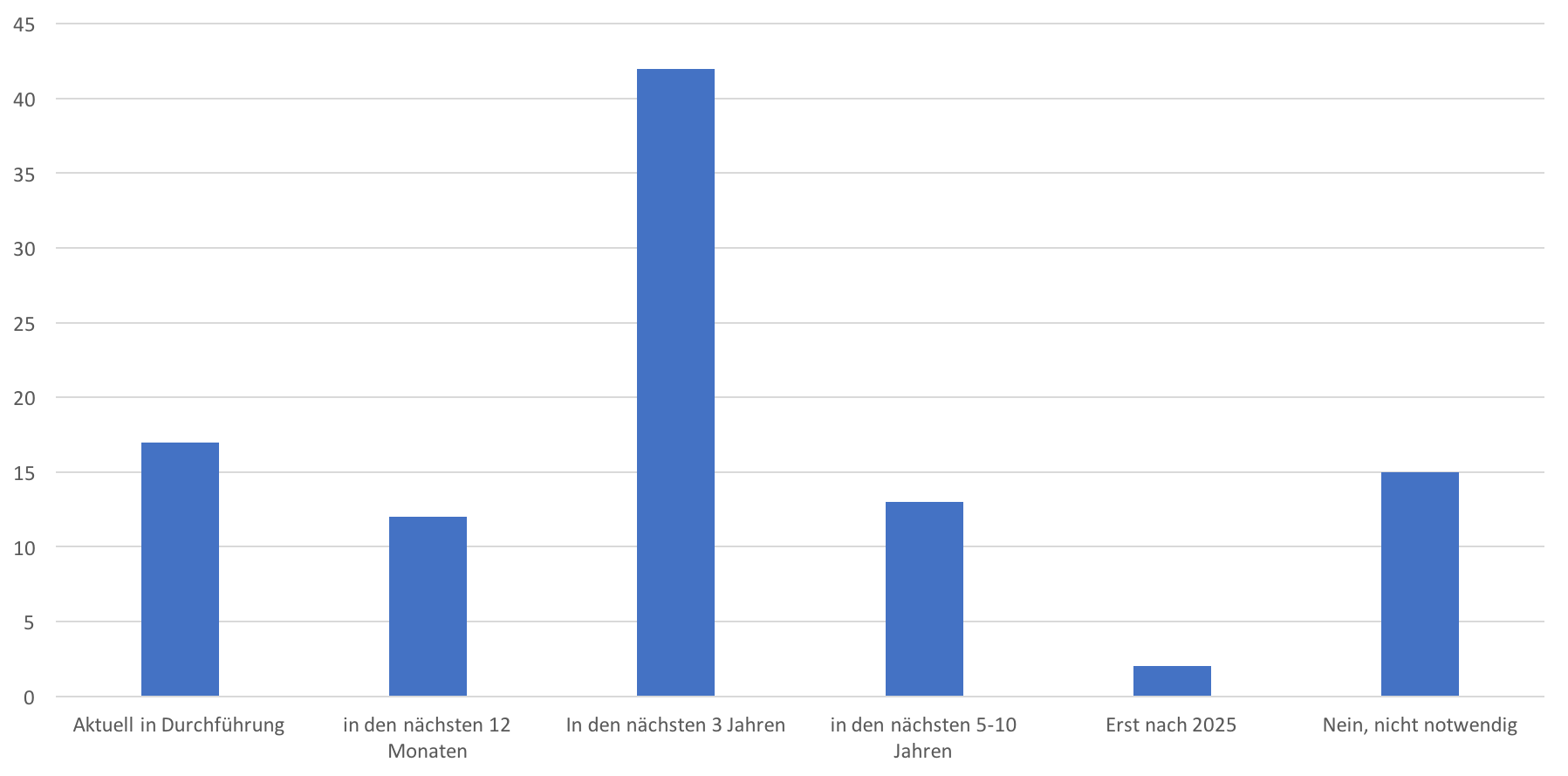Digital transformation is one of, if not the greatest, challenge for companies in every industry. It is only a matter of time before this will find its way into every unit of business.
Along with this trend, the dynamics and complexity will increase significantly. Expectations will change suddenly and companies will find themselves in a field of tension between traditional value creation and new digital business models.
In order to master these challenges and overcome the hurdles, companies have to reinvent themselves. Above all, the necessary structural change in companies will be the greatest success factor in countering the challenges and the speed of digital transformation. Agility is becoming an increasingly important topic in the course of digital transformation and has long been a major feature in many areas, including outside of IT.
Complexity and dynamics are counteracted with self-organization and resilience. Executives become servant leaders and companies act in such a way that democratic structures invite people to participate.
Why do we need more agility?
- Structural changes due to the digital transformation will take place in all areas of the company
- IT and technology merge
- Classic departments will increasingly expire by 2025 (< 50%)
- The responsibility for the transformation will come from the management
- By 2025, companies will need fewer staff, but up to 25% will only rely on experts
- Knowledge has to be built up and maintained in-house
Swell: iOT study by Detecon
The need for agile structures is increasing!
Is this necessity of agile structures on everyone’s lips or do German entrepreneurs see this as no answer to the challenges of digital transformation. Apparently it does! 95% consider this to be important for the future viability of the company. The study (p. 19 and 21) shows not only the importance, but also the increasing proportion of agile structures by 2025. We are noticing a significant increase in agility in companies.

According to the study, agility will not only concentrate on IT, but will also affect many, even almost all, areas of the company far outside of IT. This agile reorganization will take place in the next 3 years. It is for this reason that we are dealing with precisely these agile departments in research (Detecon study p. 25/26). If you read deeper, you will notice that agility and the growth of technology in particular go hand in hand. Production and logistics are at the forefront after IT. Marketing and finance are also heavily affected by digitization. So in 3 years we will be faced with the situation that more than 65% of the companies have already completed the agile reorganization. So there is not much time left. I will accompany some of these 17%, which are already starting, with a case study on their journey. I am surprised by the involvement of HR, as some sources can be found here and I see a great need. Overall, however, the study shows that IT, sales, logistics and production will require a high level of agility.

The implementation is not yet entirely clear
A precise implementation of what an agile and sustainable company looks like is not yet clearly defined. In the course of the research were already Frameworks for agility found from literature. With the help of experts, case studies and round tables, we will jointly find a way to implement these and meet the digital transformation in companies with agility. Also read my other articles on the subject digital transformation and Digital leadership .
[werbung]
Verwendete Quellen anzeigen
Detecon. (2016). Digitization and the Internet of Things . Retrieved from http://www.detecon.com/de/Publikationen/digitalisierung-und-internet-things-iot



